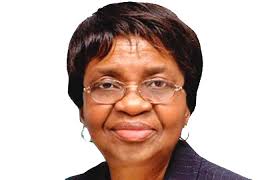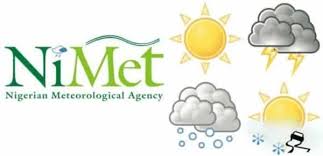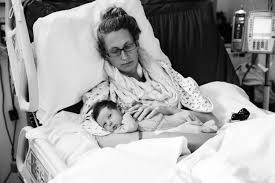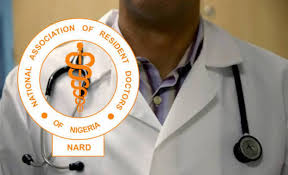
NAFDAC advises stakeholders to confirm the source of drugs.
The National Agency for Food, Drug Administration and Control has asked parties involved in the medicine sales value chain to confirm the origin of their medical supplies and get purchase receipts as part of its efforts to prevent counterfeit medications.
The action, it claimed, is intended to protect public safety by preventing the use of phoney and inferior medications.
During a grassroots awareness campaign in Enugu on Monday, NAFDAC South East Zonal Director, Mr. Martins Iluyomade, stressed the significance of group action against counterfeit drugs.
Iluyomade emphasised that cooperation from all parties involved in the battle is necessary and promised immediate, noticeable progress.
Verify the source of medical supplies and get purchase receipts, the speaker said. Break the taboo of silence by reporting any questionable activity. There must be unity in the fight against fake medications.
He stated that NAFDAC works to protect public health and keep dangerous products off the market.
He claimed that Nigeria is not exempt from the serious threat that subpar and fraudulent medical items pose to socioeconomic growth and public health.
He clarified that while "falsification" refers to the wilful and fraudulent misrepresentation of a drug's identity, composition, or source, substandard medical products are those that have been authorised by national authorities but do not meet either quality standards or specifications, or both.
"Over 10% of medicines in low-middle income countries are SF, according to a recent estimate from the World Health Organisation, with sub-Saharan Africa being particularly badly affected," he continued.
"It is our collective responsibility to safeguard those in our vicinity from inferior and counterfeit medications. as we have to think of taking a critical stand against those that engage in the unwholesome practice."
"As I write this, I have no doubt that someone is still falsifying medications, and these harmful drugs end up in pharmacies and medical facilities.
"Anyone selling or distributing chalks and other unwholesome substances as medicines should be reported to NAFDAC. We should stand against substandard and falsified medicines."
Prior to this, Mr. Collins Ogedegbe, the NAFDAC coordinator for Enugu State, stated that all stakeholders were involved in the sensitisation process because the organisation holds the opinion that "it is necessary to engage in continuous dialogue to ensure no link in the medicine supply and sales value-chain is left behind."
"We want to work as a team with everyone and make sure that any unwholesome practices within the medicine supply and sales value-chain in Enugu State will not have a place to hide," he exclaimed.
Oliver Ezemba, the chairman of the National Association of Patent and Proprietary Medicine Dealers in Ogbete Main Market (Unit A) Enugu, praised the Bill and Melinda Gates Foundation and NAFDAC for their work raising awareness and educating NAPPMED members and other stakeholders.
Ezemba expressed his satisfaction that all NAPPMED members had closed their stores so that they could come and learn, make sure they complied with the law, and exercise greater caution when conducting their pharmaceutical sales enterprises.
"For the past several years, NAPPMED has been actively collaborating with NAFDAC and other organisations or bodies involved in the supply and sales of medicine value chains," he stated.
We will figure out how to collaborate closely with today's interface and sensitisation to end all kinds of inferior and fabricated drug sales and distribution channels.
"I genuinely think that if we all work together to accomplish this, we will be safe guarding and directing the lives of everyone around us."
Media representatives, community leaders, and representatives of traditional rulers were among the attendees of the sensitisation campaign.





